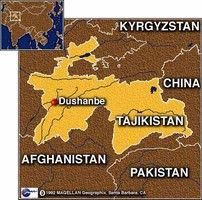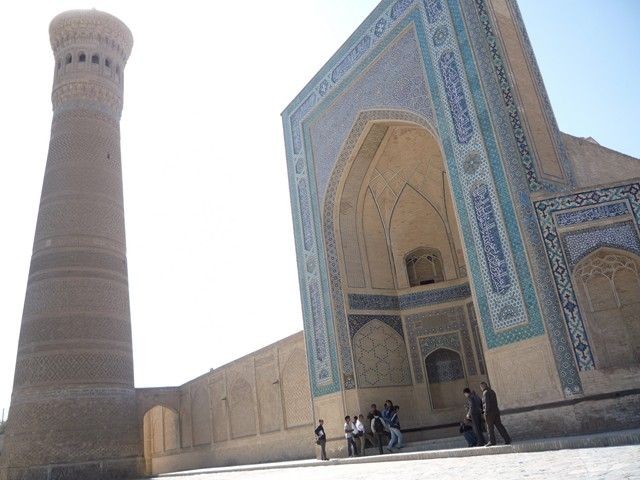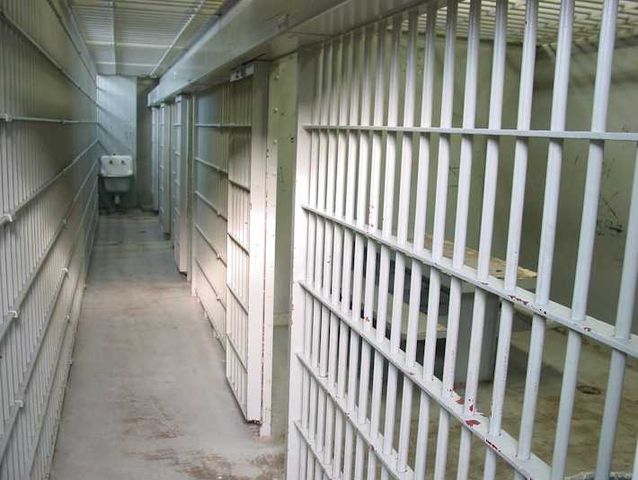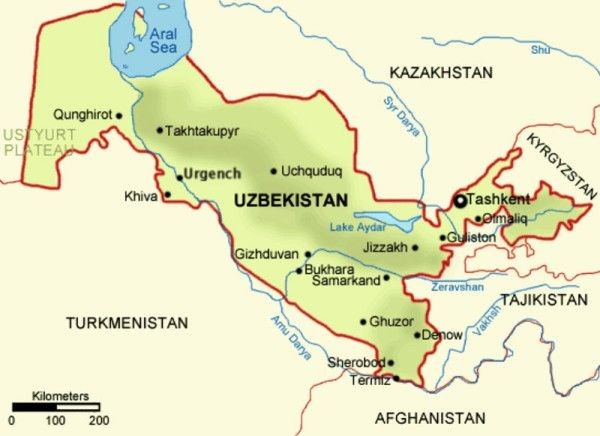TASHKENT (TCA) — Under the previous president, Uzbekistan pursued restrictive and suppressive policies toward Muslims and used the fight against Islamist extremism as a pretext to suppress any dissent and opposition. Under the new head of state, things have begun to change. We are republishing this article on the issue by Fozil Mashrab, originally published by The Jamestown Foundation’s Eurasia Daily Monitor: This year, Uzbekistan is organizing its first ever nation-wide al-Quran reciters competition (Muslim.uz, December 22, 2017). Perhaps this kind of competition would be a run-of-the-mill event in any other Muslim majority country; but for Uzbekistan, which is trying to unshackle itself from the repressive policies of the past, it signals a major change in the government’s policy and carries a special meaning for the majority of its Muslim citizens (see EDM, February 27, 2018). Under the late Islam Karimov, the first president of Uzbekistan, who ruled with an iron fist for more than 25 years until his sudden death in September 2016, the country had a reputation for restrictive and suppressive policies toward the pious segments of its Muslim population. Harrowing stories abound of overtly religious Muslims being blacklisted as antisocial elements, jailed for choosing to wear a hijab or growing a beard, or undergoing even worse for having publicly complained about the state’s restrictions on their constitutional rights to freely practice their religion (Fergananews.com, August 8, 2002). Karimov, who is officially portrayed as the founder of Uzbekistan’s independence and is revered by state propaganda (Islomkarimov.uz, accessed April 12, 2018), had a complicated relationship with Islam throughout his time in power. He was suspicious of Islamic clerics, especially those who refused to follow his will. In fact, many accused his government of using the threat of Islamic radicalism and extremism as a convenient pretext to suppress all kinds of opposition in the country (Aljazeera.com, January 8, 2016). Over the years, all famous Muslim clerics with large followings inside the country were either jailed, eliminated or had to flee. Official propaganda still defends Islam Karimov’s record and heavy-handed tactics by highlighting the difficult domestic political situation in the country in the early years of independence. Moreover, the state narrative credits him for not allowing Uzbekistan to fall into chaos like in neighboring Tajikistan in the 1990s, where a civil war broke out between the United Islamic Opposition and Soviet-era secularist elites. Nevertheless, Uzbekistan’s current head of state, President Shavkat Mirziyoyev, who has gained the reputation of a reformer, has likened the various injustices and sufferings unleashed by the Uzbekistani law enforcement bodies toward their own people under Karimov’s rule to Soviet NKVD repressions of the 1930s. He has vowed that, under his watch, they will not be repeated (YouTube, December 25, 2017). Many senior officials and generals of the penitentiary system, the National Security Service (NSS) of Uzbekistan, and the Attorney General’s Office, who were responsible for creating the repressive state machinery, are now on trial. They face charges of jailing innocent people, subjecting inmates to torture and killings,...




